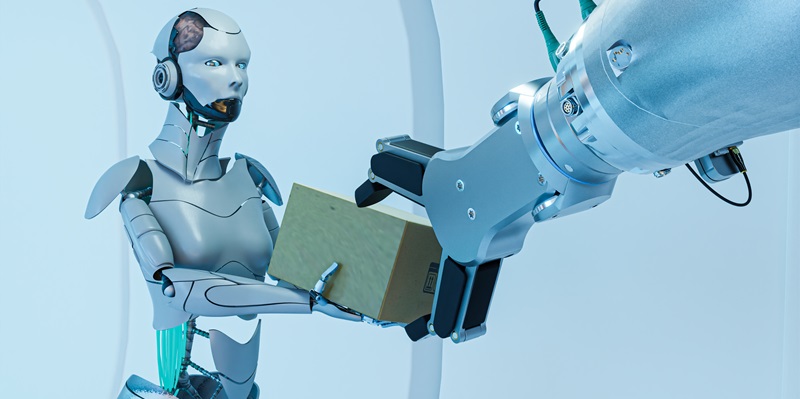In the rapidly evolving field of humanoid robotics, Sanctuary AI has notably distinguished itself with the unveiling of Phoenix, its latest-generation robot. While industry giants often emphasize advancements in legged locomotion, Sanctuary AI takes a unique approach by focusing on the refinement of upper-body functionalities. Phoenix stands out for its human-like dexterity and swift learning capabilities, enabling it to perform intricate tasks such as sorting items with precision—a capability that has remained a challenge in the realm of automation.
This Canadian venture has engineered Phoenix to not just imitate human movements but also to imbibe new tasks with remarkable rapidity, potentially within a span of less than 24 hours. This advancement underscores Sanctuary AI’s dedication to diminishing the traditional learning curve associated with programming robots, moving closer to an era where robots can adapt to new tasks with almost human-like ease.
Refinements in Design and Applications
Sanctuary AI’s latest innovation, the Phoenix robot, marks a significant leap in design and functionality. This 7th-gen model enhances operational time, vital for 24/7 industrial work, and introduces a broader motion range and less weight. These features make Phoenix nimbler in diverse applications. The company also smartly reduced material costs to facilitate broader, economical deployment.
Incorporating Phoenix into Magna’s auto manufacturing spotlights the robot’s practicality, solidifying its role in traditionally human-centric fields. This key integration showcases the robot’s contribution to industry efficiency and flexibility.
While this progress is impressive, creating robots with genuine general intelligence is still a distant goal, with estimates suggesting a decade or more of development needed. Yet, Phoenix’s advances offer a peek into a future where human-like robots could revolutionize our work methods, underscoring the exciting horizon in humanoid robotics.

